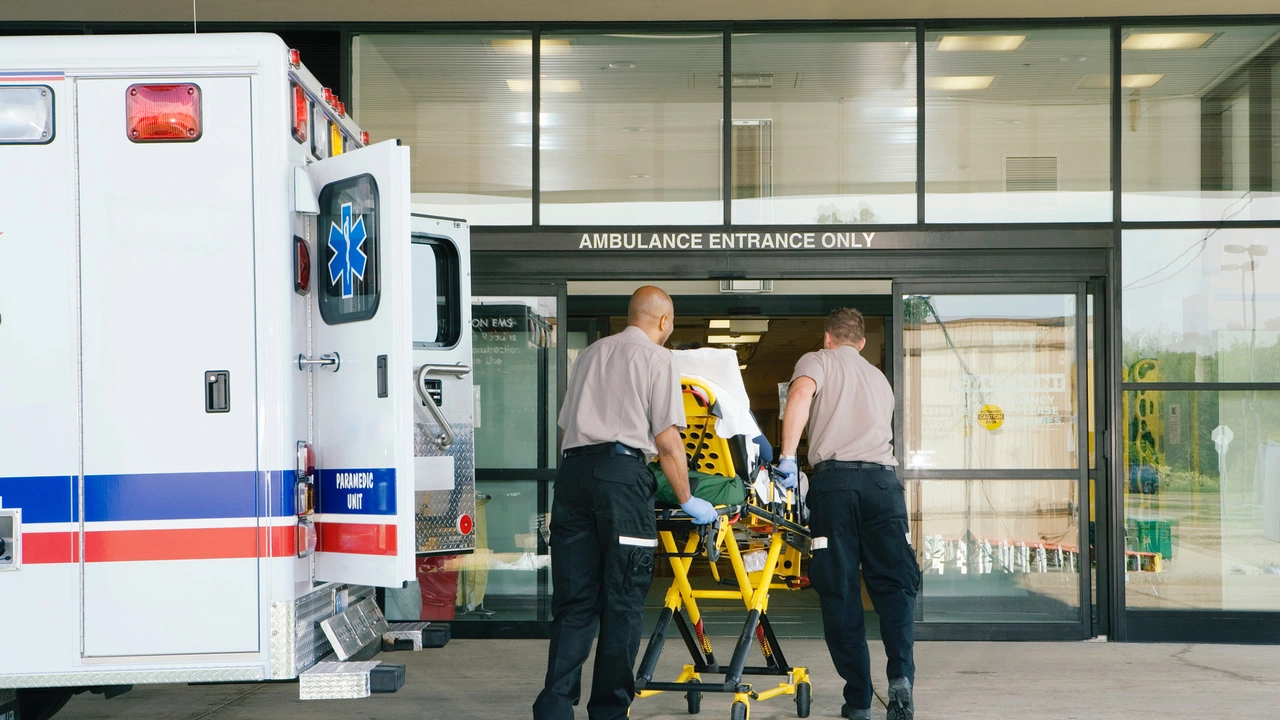How to Pick the Right Hospital for You
Choosing a hospital can feel overwhelming, but it doesn’t have to be. Think of it like picking a pit crew for your health – you want the best support, the right tools, and a team that knows the track. Below are practical steps you can follow right now to narrow down your options and feel sure about your decision.
Start With Your Specific Needs
First, write down what you actually need. Are you looking for a general surgery center, a specialty heart unit, or a maternity ward? Knowing the exact service helps you filter out hospitals that don’t offer it. Look at each facility’s website or call their info desk – ask directly if they have the department you need and how many cases they handle each year.
Next, consider the level of care. Some hospitals are teaching centers with research ties; others are community hospitals with a more personal vibe. If cutting‑edge treatments matter to you, a larger academic hospital might be the better fit. If you prefer a quieter environment, a smaller local hospital could work.
Check Quality Ratings and Patient Feedback
Quality scores are like lap times – they show how fast and safe a hospital performs. In the UK, look at the Care Quality Commission (CQC) ratings; in the US, check Medicare’s Hospital Compare. These platforms give you data on infection rates, readmission numbers, and overall safety.
Don’t ignore patient reviews either. Real stories from people who’ve been through the same procedure can highlight strengths and weaknesses that numbers miss. Pay attention to recurring themes – consistent praise for nursing staff or repeated complaints about long wait times are clues.
Another quick check is the hospital’s accreditation. Accreditation from bodies like Joint Commission International (JCI) or the NHS’s ‘Royal College of Physicians’ endorsement signals that the facility meets strict standards.
Factor In Location and Accessibility
Even the best hospital won’t help if you can’t get there when you need it. Map out the distance from your home, your workplace, and any other places you regularly travel. Consider traffic patterns, public transport options, and parking availability.
If you have a chronic condition that may need frequent visits, choose a location that’s easy to reach. Think about emergency situations too – how fast can an ambulance get you there? Having a clear route saved in your phone can shave precious minutes.
Match Your Insurance and Budget
Insurance coverage can make or break your hospital choice. Call your insurer and ask which hospitals are in‑network for the services you need. In‑network facilities usually mean lower out‑of‑pocket costs.
If you’re paying out‑of‑pocket, ask the hospital’s billing department for a cost estimate. Some hospitals publish price calculators online. Knowing the expected bill ahead of time helps you avoid surprise charges.
Visit the Facility (If Possible)
A quick tour can reveal a lot. Check the cleanliness, the friendliness of the front desk staff, and the overall atmosphere. Ask to see the specific unit you’ll use – the ICU, maternity ward, or oncology department.
If you can, talk to a nurse or a patient who’s recently been treated there. Their on‑the‑ground perspective often uncovers details you won’t find on a website.
Make a Decision and Re‑Evaluate
After you’ve gathered information, rank each hospital on the factors that matter most to you – quality, location, cost, and personal comfort. Give yourself a deadline to decide; endless research can lead to analysis paralysis.
Remember, your needs might change. If you later require a different specialty, you can always revisit the process. The goal is to feel confident that the hospital you pick will support you when it counts.
Choosing a hospital is a big step, but breaking it down into easy, clear actions turns it into a manageable task. Use these tips, trust your instincts, and you’ll land on a facility that fits your health goals like a perfect racing line.
